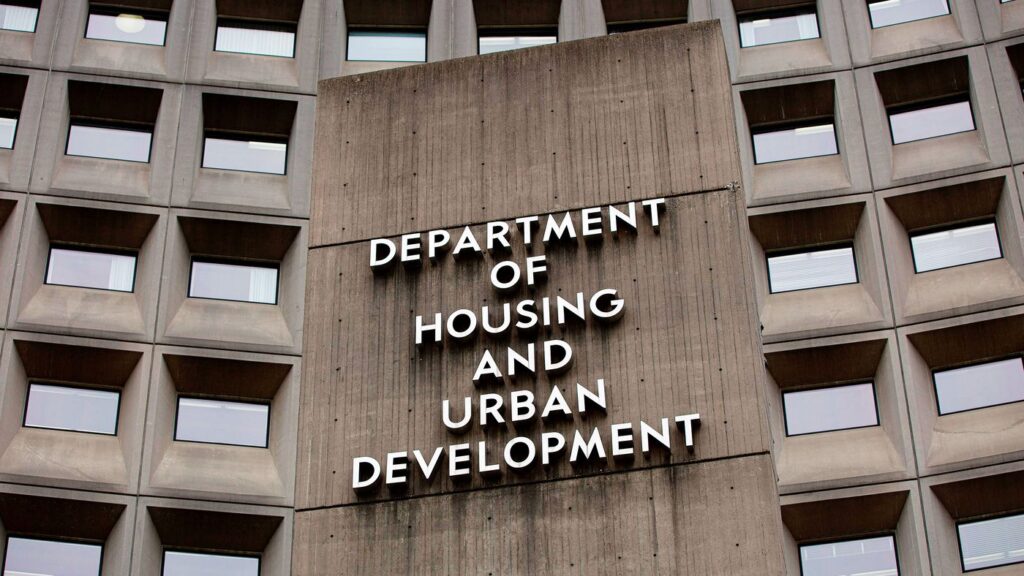The U.S. Department of Housing & Urban Development (HUD), through the Federal Housing Administration (FHA), is making available translated versions of 19 single-family mortgage documents used in the servicing of FHA-insured mortgages. These documents will be available in Chinese, Korean, Spanish, Tagalog, and Vietnamese. The educational resources are accessible from FHA’s language access web page and will assist lenders, servicers, housing counselors, and other FHA program participants in explaining information related to FHA-insured mortgages to those with limited English proficiency prior to the execution of these documents in English, as required by law.
“At HUD, we are working to ensure that homeownership is accessible to everyone who wants it–particularly for first-time homebuyers. To do that, we must make sure everyone has access to information about our programs. This common-sense action will help families achieve their dream of owning a home,” said HUD Acting Secretary Adrianne Todman. “Today, we are taking a crucial step towards a more inclusive, diverse, and equitable generation of homeowners.”
Opening more paths to homeownership
This new set of translations augments the 40 previously published translated mortgage origination documents and homeownership education resources already available to consumers. Together, these translated documents will remove language access barriers for FHA consumers whose preferred language is not English.
“We continue to work to remove language access barriers for borrowers with FHA-insured mortgages. We believe it’s critical for borrowers to understand the options for purchasing a home and for accessing assistance if an existing borrower has difficulty in making their mortgage payments,” said Federal Housing Commissioner Julia Gordon. “With almost 60 mortgage documents translated into multiple languages, we now have a comprehensive collection of translated tools and resources for our program partners to use to more effectively reach those whose first language is not English.”
The following HUD document are now available in Chinese, Korean, Spanish, Tagalog, and Vietnamese from FHA’s language access web page:
Mortgage Servicing
- Borrower’s Consent to Voluntary Termination of FHA Mortgage Insurance
- FHA-HAMP Partial Claim Promissory Note and Partial Claim Subordinate Mortgage
- Notice to Homeowner: Release of Personal Liability for Assumptions
- Notice to Occupant of Pending Acquisition
- Payoff Procedure Disclosure
- Pre-Foreclosure Sale Addendum
- Prepayment Disclosure Statements
- Annual Payment Supplement Disclosure
- Final Payment Supplement Disclosure
- Payment Supplement Agreement Rider
- Payment Supplement Promissory Note & Payment Supplement Security Instrument
- Property Disposition Program (Lead-Based Paint Disclosure Addendum to Contract)
- Sales Contract Property Disposition Program
- Information Sheet Pre-Foreclosure Sale Procedure
- Sales Contract Review Pre-Foreclosure Sale Program
Claims and Disposition
- Exclusive Listing Period Purchase Addendum for Individual Owner-Occupant Buyers
- HUD Earnest Money Forfeiture and Return Policy
- FHA Good Neighbor Next Door Program Note
Latest HUD action to expand homeownership
U.S. Vice President Kamala Harris and HUD Acting Secretary Todman recently announced that the Biden Administration has awarded $85 million in grant funding for the Pathways to Removing Obstacles to Housing (PRO Housing) program, aimed at identifying and removing barriers to affordable housing production and preservation, and lowering housing costs.
PRO Housing provides grant funding to communities actively taking steps and demonstrating progress in addressing needless local housing barriers to housing production. Winners of the PRO Housing competition will update state and local housing plans, revise land use policies, streamline the permitting process for housing construction, and take other actions to create more housing-forward communities. Grants will also be used to preserve existing affordable housing units, provide development subsidies to create new affordable units, and increase access to homeownership.





